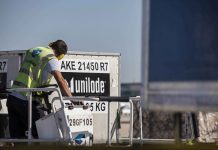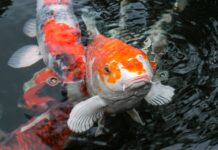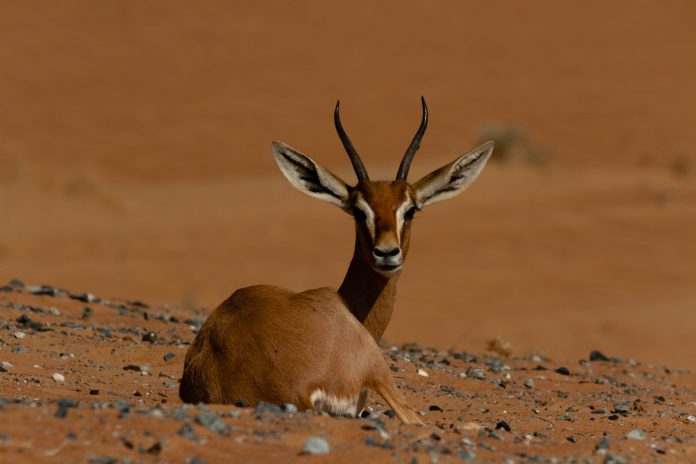
For almost 20 years, Emirates has helped support a sustainable and balanced ecosystem at the Dubai Desert Conservation Reserve (DDCR) through an ongoing investment of over AED 28 million (USD $7.6 million). The funding has helped to preserve Dubai’s unique desert environment that is teeming with indigenous flora and fauna of all shapes and sizes and has helped to raise awareness about the abundant natural beauty found in the UAE’s terrestrial ecosystems.
DDCR is a 225 square kilometre conservation reserve and represents close to 5% of Dubai’s total land area – the biggest piece of land which Dubai has dedicated to a single project. The reserve protects the incredible wildlife and resilient vegetation within the vibrant UAE ecosystem and today houses over 560 different species and 31,000 native trees. Over 29,000 of those trees are now sustainable without irrigation, like the native Ghaf tree (Prosopis cineraria), which has roots that can go down to 30 metres, enabling it to reach the water table in the DDCR.

While many may think that the desert’s harsh, ever-changing habitat is barren of wildlife or vegetation, the collective efforts of Emirates and the DDCR have enabled many species to survive and thrive, and the reserve has become a showcase to some of the most important desert conservation accomplishments over recent years. Here are just some of the animals that have benefited from these conservation efforts:
- Over 1,300 Sand gazelles, Arabian gazelles and Arabian Oryx are thriving: Starting from just 230 vulnerable ungulates, these species have steadily grown since DDCR’s reintroduction and breeding programme started, contributing to the objective of natural, sustainable development of free-roaming mammal populations that contribute to the health of the overall eco-system. Another 171 Arabian Oryx have been relocated to other protected areas in the UAE.
- Birdlife is flourishing: Over 2,800 Houbara, or Macqueen’s Bustard, have been reintroduced into the DDCR since 2010, with the birds freely moving in and out of the reserve. A healthy population of the Pharaoh eagle-owl also resides in the DDCR, and natural breeding at the south of the reserve will soon see owlets flying out and about. The reserve has also been an important feeding site for the endangered lapped-face vulture, and numerous visits have been recorded for the Cinereous Vulture, a rare visitor to the UAE.
- The diversity of species at DDCR has more than doubled: Careful protected area management, along with promoting natural processes have helped to rewild the desert habitat. In 2003, DDCR’s list of species consisted of approximately 150. Today, the conservation reserve boasts over 560 species of plants and trees, birds, mammals, reptiles and arthropods.
DDCR has also become a centre for sustainable tourism, with authentic desert experiences and a careful selection of activities that do not undermine the natural habitats of the local flora and fauna. In addition, DDCR runs a strict ‘Approved Excursion’ accreditation process for tour operators, who undergo specialised training to get acquainted with the reserve’s flora, fauna and sustainable practices to protect the desert’s ecosystem.
More than 125,000 visitors made their way to the DDCR in 2021, and plans are underway for a Visitor’s Centre at the reserve to enhance the visitor experience. They will also be used as a platform to develop educational programmes for schools and higher educational institutions.
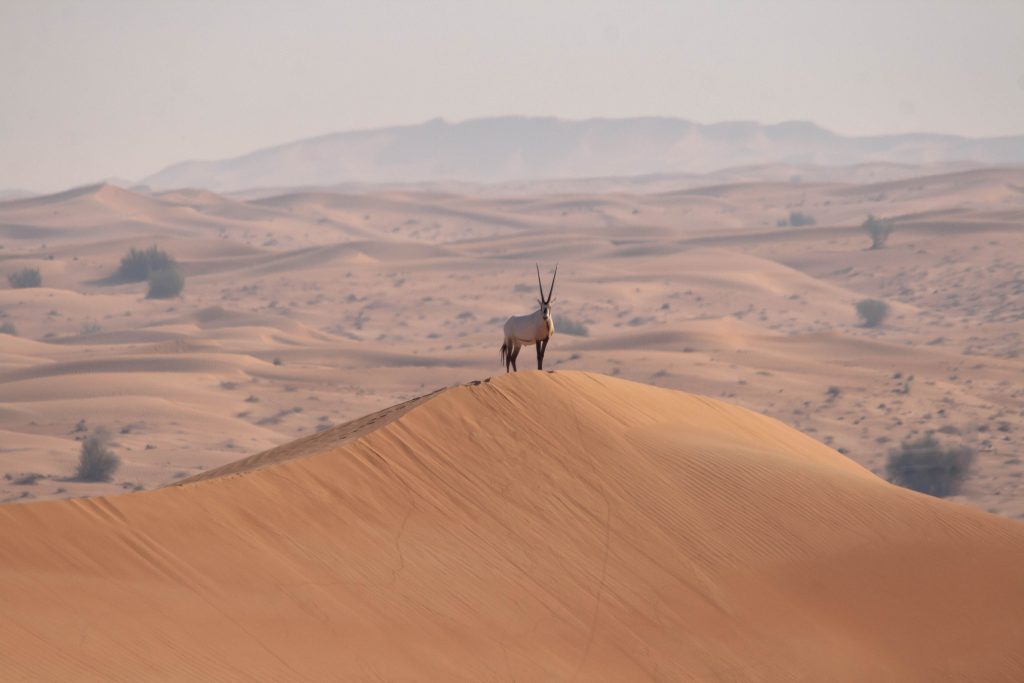
Emirates also supports the protection of Australia’s wilderness and bush through the conservation-based Emirates One&Only Wolgan Valley, located in the World Heritage-listed Greater Blue Mountains region.
The airline is also actively involved in the fight against illegal wildlife trafficking and exploitation, is a member of the United for Wildlife Transport Taskforce, and is also a partner of ROUTES (Reducing Opportunities for Unlawful Transport of Endangered Species). In addition, its freight arm, Emirates SkyCargo, has adopted a zero-tolerance policy on illegal wildlife trade, which includes big cats, elephants, rhinos and pangolins, among other types of wildlife, and has implemented a complete ban on hunting trophies.
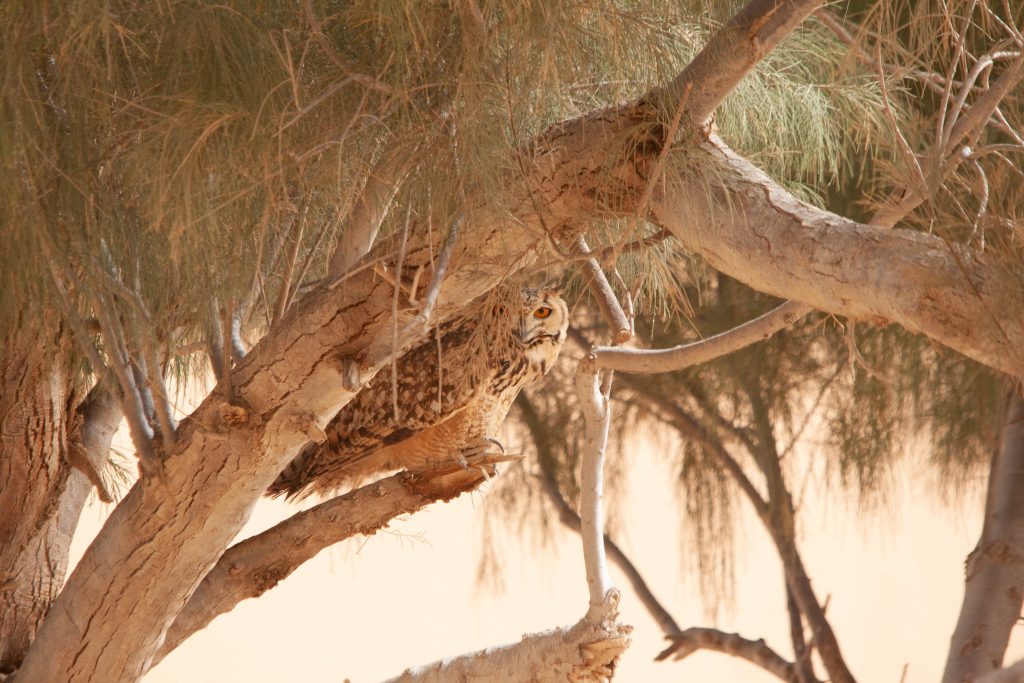
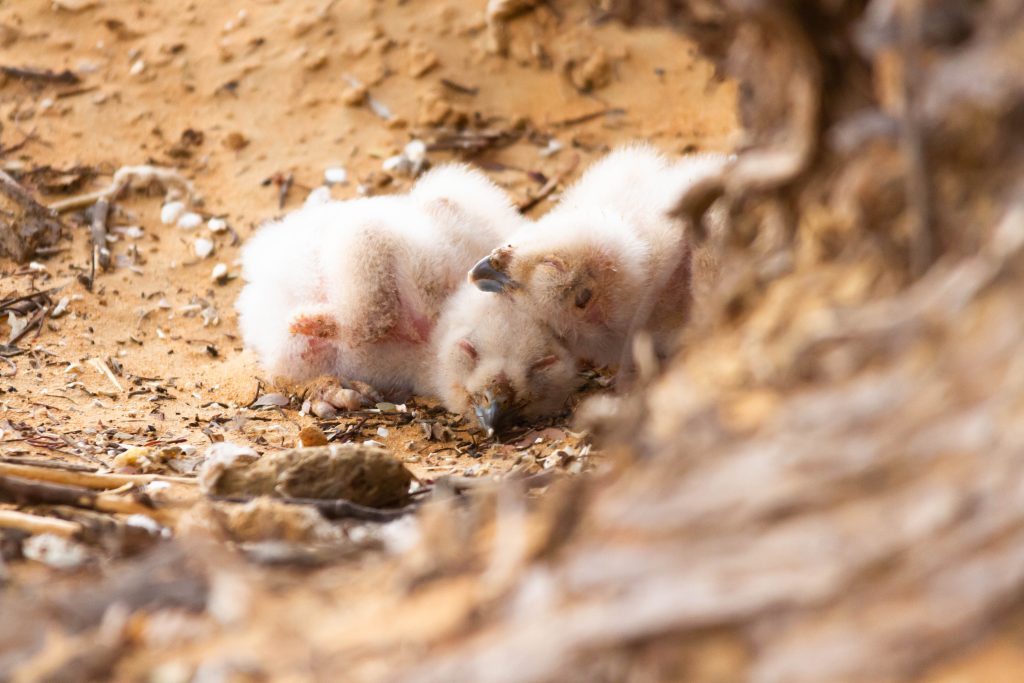
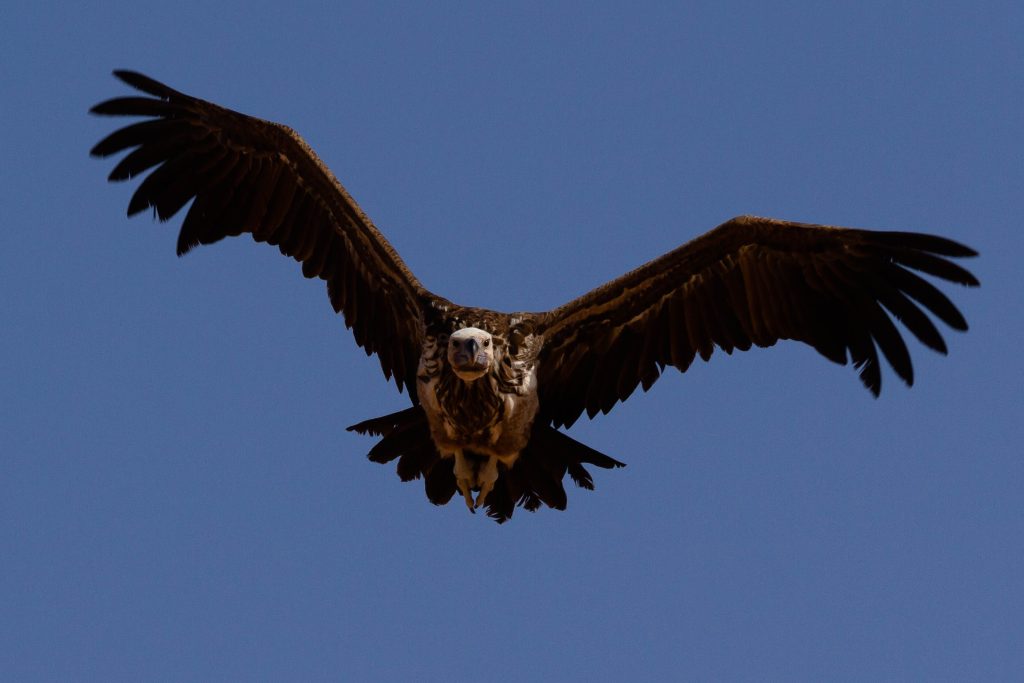
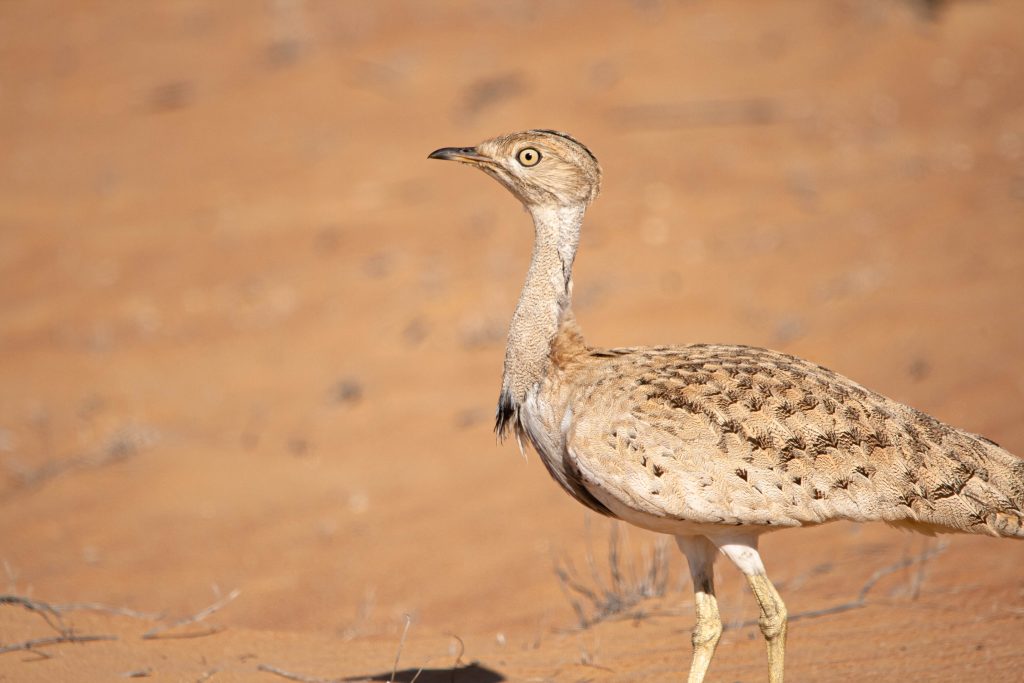
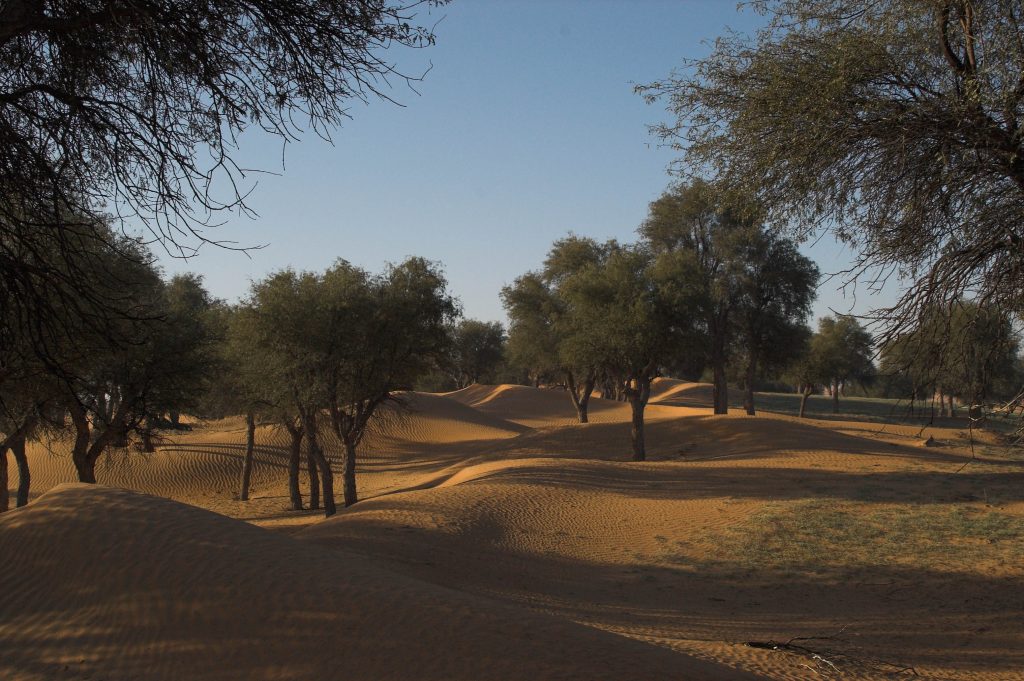
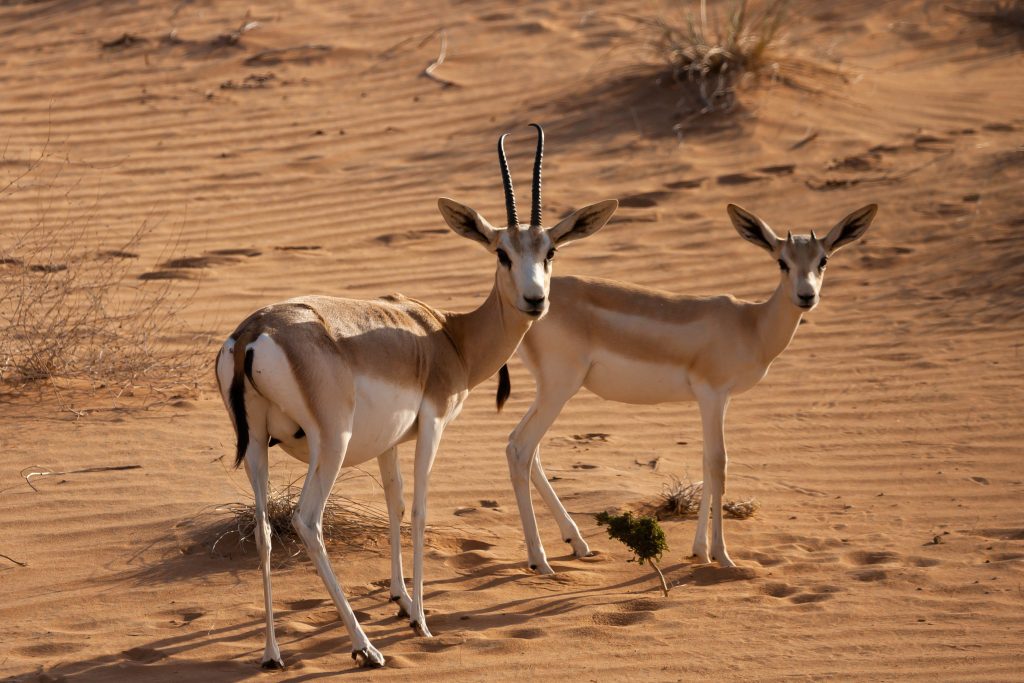
อัพเดตข่าวสารและบทความที่น่าสนใจในอุตสาหกรรมโลจิสติกส์ก่อนใคร ผ่าน Line Official Account @Airfreight Logistics เพียงเพิ่มเราเป็นเพื่อน @Airfreight Logistics หรือคลิกที่นี่



